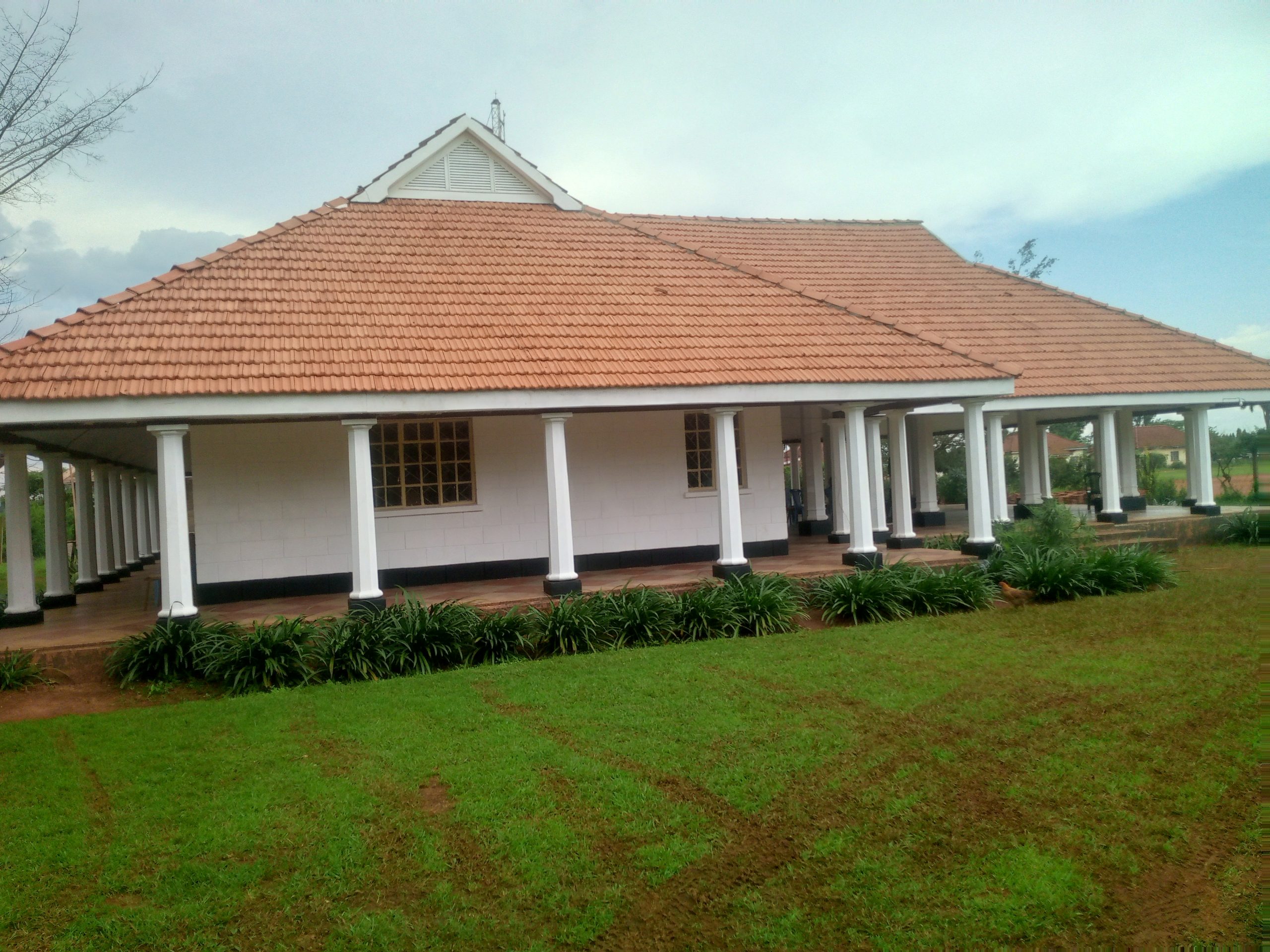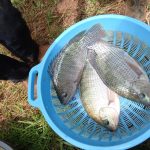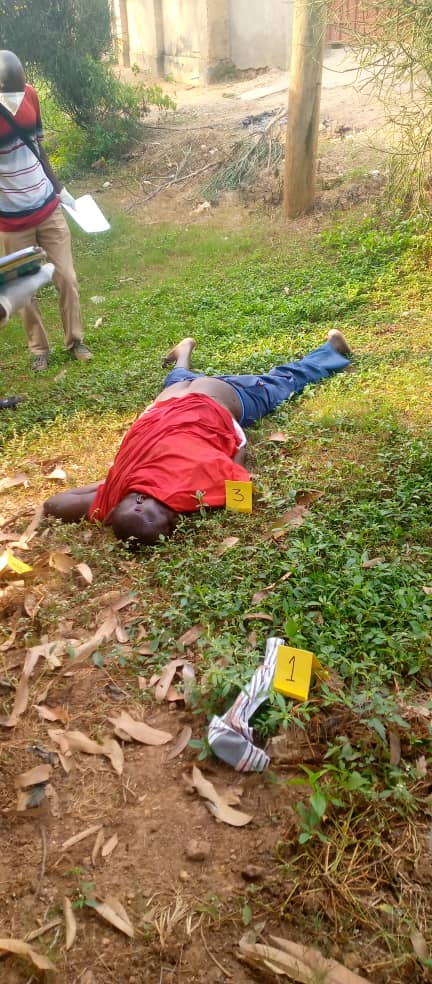The Bamasaba cultural anthem, which begins with the following stanzas:
Khusiima weele lwe shishalo Masaaba Shillimo umukuka wee ffe Uwelukoosi, shillimo imwanyi ni Lukingi Masaaba, shillimo bibindu biyangisa babanu.
The encased summary of the above Bamasaba anthem states, “We thank God for the land of Masaaba, which land has His Highness the Umukuka, the land has coffee and Mt Masaaba and other wonders that can mesmerize people.” The anthem continues outlining the relevance of unity and hard work among Bamasaba people.
The anthem of Bamasaba is a true departure from the oral traditions of Bamasaba, which claim that Mundu and Serah were the creators of Bamasaba and that Mundu and his wife Sela evolved out of a hole on top of Mount Elgon. The anthem appears to ignore that old narrative of creation and exalts what is captured in the Bible as more authentic in terms of creation than the Mundu mythic view.
The Bamasaaba cultural anthem, which traces its origin to the establishment of Inzuymasaba, is quite old in terms of years, but its authors and composers have never been brought into the limelight for recognition for their efforts. Mrs. Hanyiga says the various stanzas in the anthem were proposed by Professor Nabudere, Professor Wangusa, Mr. Wakiro, among others.
Mrs. Hanyiga, as she is fondly called, is an English and music-trained teacher and hails from Sironko. Professor Nabudere and Mr. Wakiro were promoters of the Inzuymasaba. Prof. Wangusa is a prominent linguist, scholar, and academic and served as a minister in Museveni’s Government in the formative days of the NRM, including working as a lecturer in Makerere University.
The new leadership of Inzuymasaba, led by the Umukuka 111 of Bamasaba, His Highness Jude Mike Mudoma, is set to recognize writers and composers of the Lumasaba cultural anthem, locally known as Shishiwooya or Khukhuwooya since anthems can’t be sung. Some of the original proposers of the anthem like Professor Nabudere will have to be recognized posthumously, while the living ones like Professor Wangusa and Mr. Wakiro and Madam Hanyiga will meet the Umukuka in person for recognition and other cultural honors.
Mrs. Hanyiga says much of her work was assembling the words as suggested by the original authors, and she was more of a consultant hired to assemble what the Inzuymasaba members had forwarded to her for production. “I was paid for my services, and we did the recording using my son’s recording studios and choir team.” Mrs. Hanyiga, who eventually was paid 500,000, says the biggest credit should go to the likes of Nabudere and Wangusa.
Mrs. Hanyiga says she distanced herself from some stanzas in the anthem proposed by the late Professor Nabudere, which appeared to equate God with Umukuka. She says attributing the word “shirifa” to both God and Umukuka was wrong, as God is above Umukuka trillions of times. Even somewhere in the stanzas, God is requested to protect Umukuka. She replaced the word “shirifa” with “Uwelukoosi,” though old bits of the anthem still have Umukuka Uwelukoosi putting the Umukuka on the same plane with God.
The current anthem of Bamasaba is said to have been a folk song for Bamasaba right from the 1920s and was sung in various schools and church choirs.
Inzuymasaba is not the only cultural institution with an anthem. Buganda, for example, has its (Ekyitiwa Chabuganda) or “The Pride of Buganda,” which was composed way back in 1939, and the Bunyoro anthem composed by Reverend Nkurukenda as a reward to Bunyoro for educating him. Many of these composers of the cultural anthems were either music teachers or poets in a way, while other anthems like that of Israel were written as poems.
The Inzuymasaba or Bamasaba anthem has continuously created unity among Bamasaba and encouraged love of their territory, and tickled the youths to focus on agriculture, education, and above all defend Masabaland and serve God. This anthem should be followed by every Umumasaba, whether in Kenya, diaspora, or here in various parts of the country. Our motto as Bamasaba is a further amplification of the various stanzas in our anthem, which rallies all Bamasaba to the defense of Masabaland.
“We can defend Masabaland using spears and arrows and horns to alert Bamasaba in case of trouble from Bamya (foreigners) who want to attack Masabaland. The various stanzas encourage us to educate and farm instead of stealing from others; it is not our culture to steal. We are encouraged to be custodians of what we mandated to protect and not robbers.”
Steven Masiga is the spokesperson for Inzuymasaba. Tel: 0782231577.




















